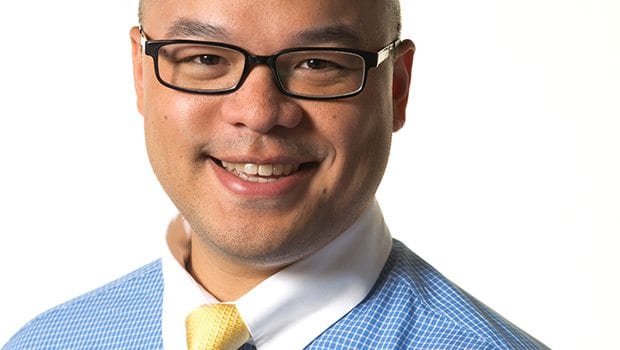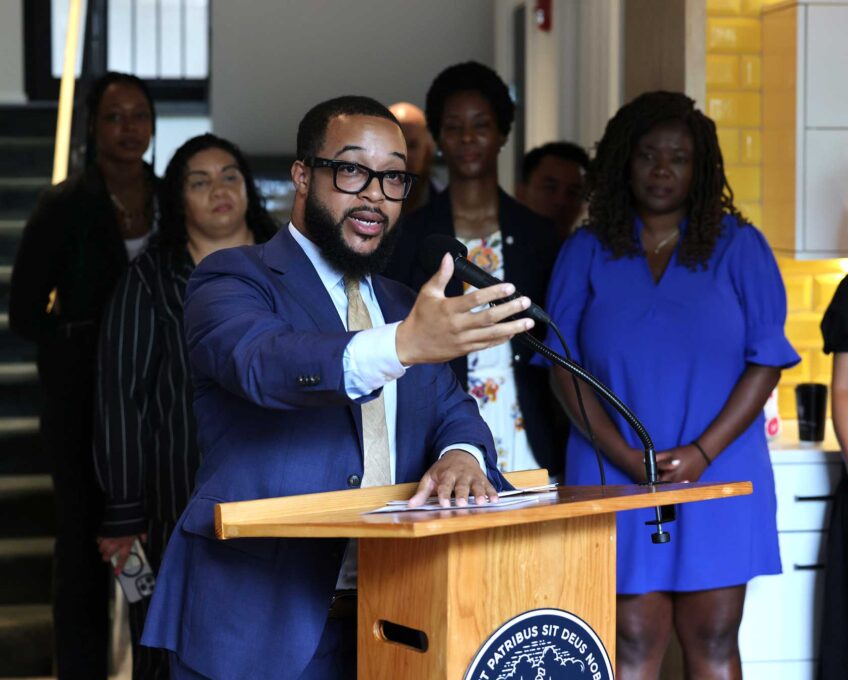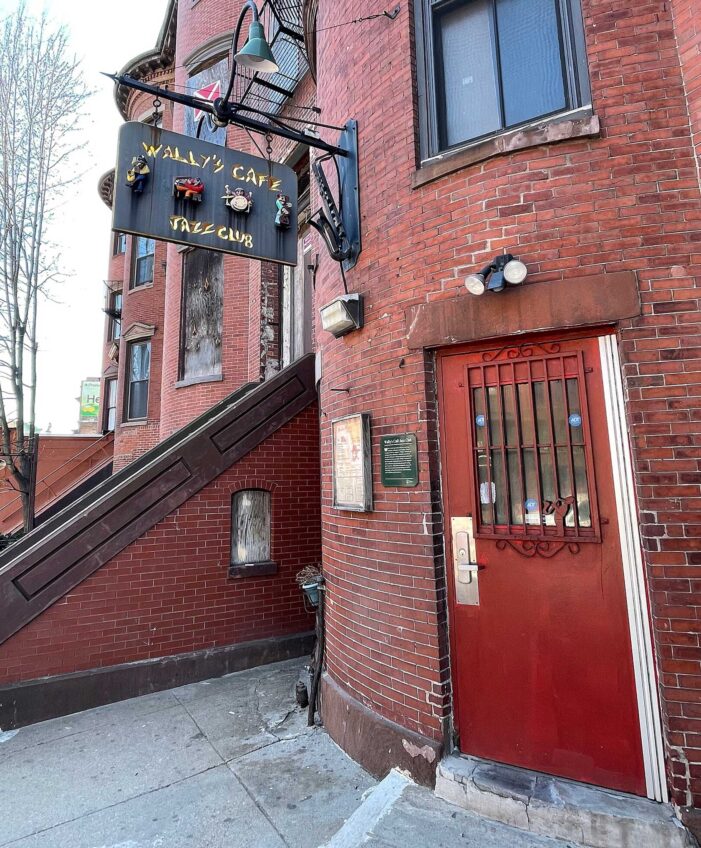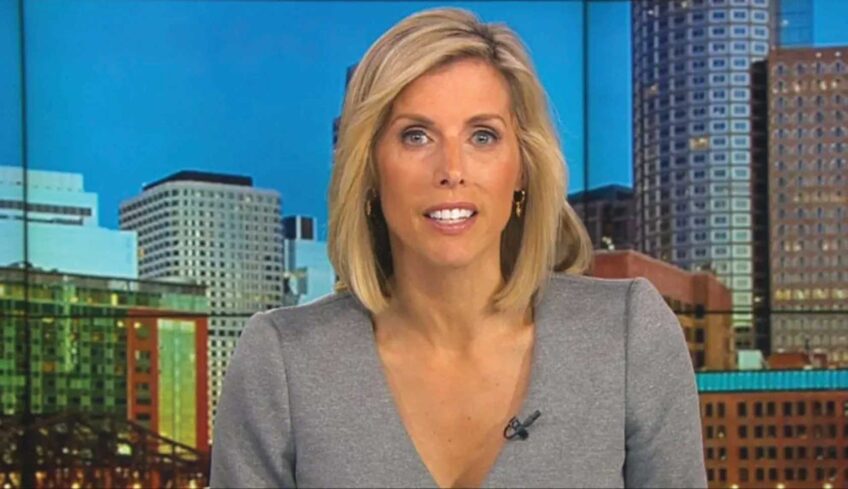
Jesse Nandhavan, the new president and CEO of the Boston chapter of the National Association of Asian American Professionals, knows he has a big task in front of him as he inherits a group that is facing a changing Asian-American business community in Boston. For years, the norm was for Asians to aspire to be doctors, engineers or corporate executives — but now more and more are trying their hand at starting their own small businesses.
Nandhavan wants to make NAAAP a group for them as well.
“We have finally recognized that small businesses and entrepreneurs are a key component of what makes this city special,” said Nandhavan, who took over the reins of the NAAAP Boston chapter last month. “We want to develop our member base with more of these small business folks and also provide them with more programming tailored for small businesses.”
Started in Boston in 1986, the mission of the NAAAP is to cultivate, support and promote Asian American professionals through professional development programs, community services engagements and industry connections. The organization has 27 chapters throughout the United States and one in Toronto. The first chapter was formed in New York in 1982; Boston was the second chapter and is one of the largest, with about 450 members.
The Boston chapter’s leaders want the group to continue to grow and adding more small business owners, and including entrepreneurs is how they think they can do it.
“We do feel like that is a largely untapped market for us, especially in terms of members,” said Nandhavan.
While any new organization head is going to have big plans for his or her tenure, Nandhavan comes in at a time when the group’s ambitions are already more than just table talk.
Earlier this fall, NAAAP made a big move to beef up its small business cred with a partnership deal with the U.S. Small Business Administration’s Massachusetts District Office. The move gives NAAAP Boston members a direct line to small business services and support the SBA offers.
NAAAP Boston also held its first-ever Asian Business Festival at Dewey Square in Downtown Boston on Oct. 12. Attended by approximately 750 people, including 30 vendors, the event was a day of celebration of Asian American entrepreneurship, with a focus on Asian-owned or Asian-focused businesses and nonprofit organizations.
The event was a culmination of the work of the group’s Entrepreneurship Committee, which was launched in 2011 with a goal to plan and run a consistent schedule of workshops and events to support members starting and growing companies. The plan is to hold an Asian Business Festival every year.
Nandanvan seems well suited to foster NAAAP Boston’s growth aspirations. He has worked to ramp up the group’s corporate relations and sponsorships for the last two years and also works professionally as a recruiter.
Currently working as a recruitment manager at BioBridge, a life sciences consulting firm in Wellesley, Boston University grad Nandhavan has recruitment and business development experience with startups, large corporations, the government and nonprofits.
Jim Fong, chairman of the NAAAP Boston Board of Directors, praised Nandhavan’s prior work with the organization and said he has already become “an integral part” of the leadership and is the right choice as new president and CEO. Nandhavan replaces Eric Lam, who served a two-year term as head, just as Nandhavan will do.
“The board of directors is gratified to have Jesse Nandhavan step up to this critical role,” Fong said.
While group members are thrilled to have Nandhavan take control, he is equally as excited to move into a big leadership role and welcomes the opportunity to gain valuable experience in such a capacity.
None of NAAAP Boston’s leaders are paid for their work for the organization, but Nandhavan is more than willing to volunteer his time. He says he is excited about the opportunity to help the organization fulfill its mission and increase its reach into the Asian-American business community.
“I have every hope of elevating NAAAP to the next level,” he said.
He does not expect his job to be without challenges, perhaps the biggest one being breaking through the clutter of all the different Asian organizations out there to bring in new members — in Boston there are other groups that support Chinese-Americans and Vietnamese-Americans, yet NAAAP purports to be Pan-Asian and tries to bring all the different Asian heritages under one roof.
He welcomes the challenges and believes NAAAP’s strengths can be cornerstones for more.
“As president I don’t want to fix anything that isn’t broken,” Nandhavan said. “The previous president, Eric Lam, has left a great legacy and I want to build on that.”






